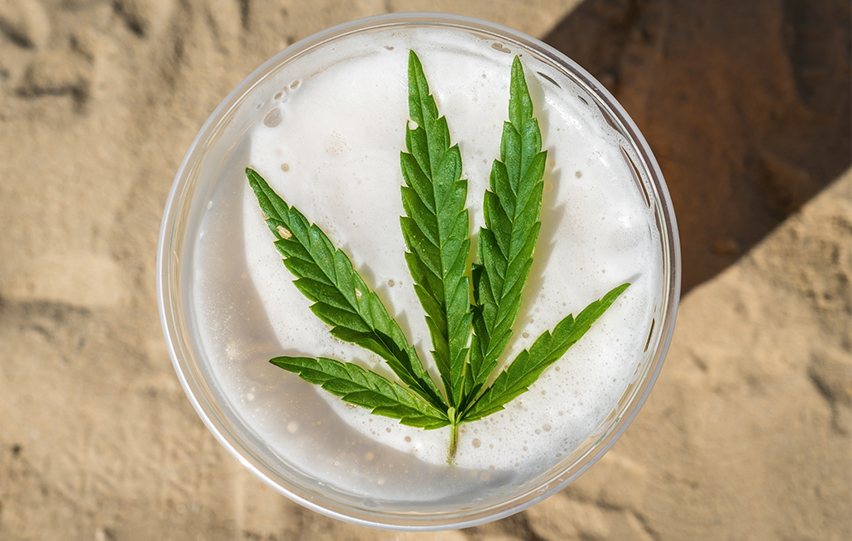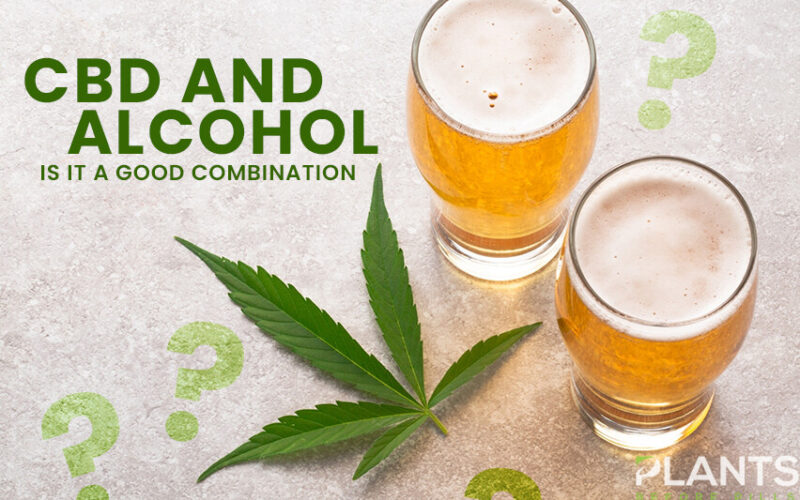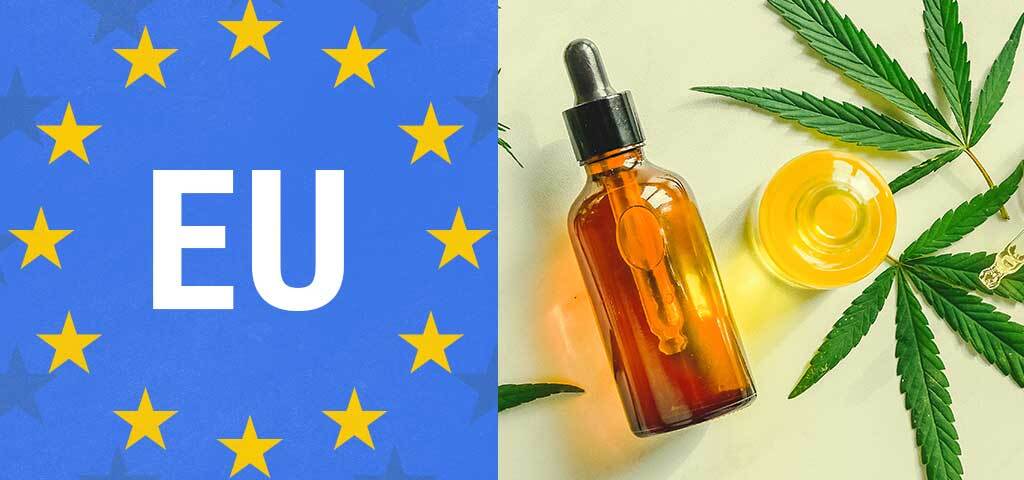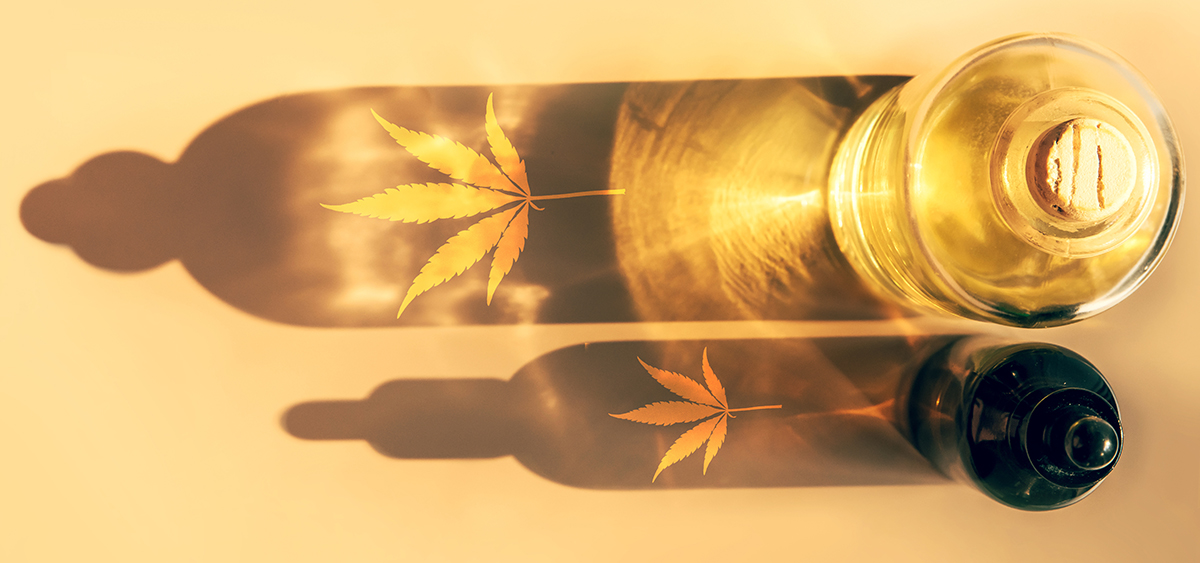Cannabidiol, also known as CBD, has successfully taken the health and development landscape by surprise, showing up in a slew of shops and natural health outlets. CBD-infused oils, body creams, lip products, bath essentials, edibles, and other products are available.
With CBD’s success, it seems that consumers are combining it with everything, including alcohol. Many individuals, though, have raised concerns about the efficacy of mixing alcohol and CBD.
Can You Mix CBD and Alcohol?

Alcohol is a potent stimulant, beyond its humble beginnings as a mixture of yeast and sugars. It influences our behavior, concentration, and voice by interfering with the brain and nervous system. A s many people will testify, the more you drink, the worse the symptoms get!
On the other hand, CBD has a significantly more gradual impact. It works by interacting with the endocannabinoid system in the system. This massive regulatory structure, which stretches from head to foot, is in charge of keeping various biological processes in check and regulated. Outside of the ECS, CBD has been shown to interact with a number of molecular targets.
While the association between CBD oil and alcohol has yet to be thoroughly investigated, there are a few clinical trial studies to draw on. A study showed little differences between test subjects who were given CBD and alcohol and those who were just given liquor.
According to their results, drinking alcohol while still taking CBD oil has the same impact. Unfortunately, there isn’t enough evidence to say whether CBD can reduce the chance of negative side effects from drinking alcohol.
Can CBD Help With Hangover?
CBD oil is impossible to assist with acute binge drinking or motor skills dysfunction. Though it isn’t guaranteed to be a quick fix, CBD oil can help with a variety of drowsiness, like nausea and headaches.
CBD oil’s potential therapeutic and antioxidant properties might render it a feasible hangover treatment. Again, every person is different and can respond to liquor and CBD in various ways. CBD oil, on the other hand, may be able to help with some of the more common drowsiness.
CBD and Alcohol: Is It a Good Combination?
Excessive drinking has a negative impact on almost every aspect of the body, with negative health consequences well known. Of course, there is a slew of factors to consider, such as the kind of cocktail and the amount of alcohol in the drink, so you’ll know much better than most what an inappropriate dose of liquor is for a certain situation.
According to a study by the World Health Organization, CBD oil tends to be well accepted in humans (WHO). CBD oil blends well with a variety of natural ingredients, has no psychotropic side effects, and, if formulated correctly, has no unwanted additives or chemicals.
Even if you don’t put CBD in a cocktail or another alcoholic beverage, the two will connect. It’s likely that you’ll experience the consequences if you take CBD and drink alcohol within eight hours of each other.
Both are also considered to make you feel more comfortable. As the two compounds are combined, the result is amplified. Although this sensation can be beneficial for stress relief, it can also make you feel drowsy. It’s important to exercise caution while combining the two, and you can never drive after drinking, whether or not you’ve taken CBD.
Combining the two should be healthy based on the minimal evidence available, but as with any drug that changes how we think, behave, or act, balance is essential. Start by speaking with your doctor if you have any questions or fears.
Conclusion
CBD and alcohol can enhance one another’s effectiveness, and combining the two in high concentrations may result in drowsiness and sedation.
CBD, on the other hand, has been shown in several human and animal trials to shield cells from alcohol-induced cell destruction and to suppress blood alcohol levels, as well as tolerance and withdrawal symptoms.
Medical Disclaimer:
The information provided in these blog posts is intended for general informational and educational purposes only. It is not a substitute for professional medical advice, diagnosis, or treatment. Always seek the advice of your physician or other qualified healthcare provider with any questions you may have regarding a medical condition. The use of any information provided in these blog posts is solely at your own risk. The authors and the website do not recommend or endorse any specific products, treatments, or procedures mentioned. Reliance on any information in these blog posts is solely at your own discretion.







